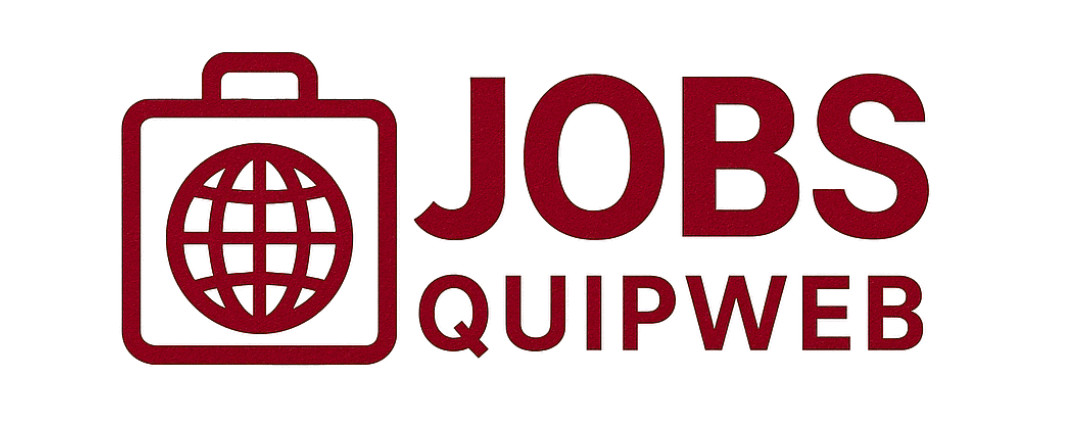Mastering the art of tailoring interview responses for finance sector opportunities remotely is key to securing your dream job. I am here to share insider tips and essential strategies that will help you shine in your next remote finance job interview. From understanding common finance questions to leveraging your soft skills, I will equip you with all the tools you need to boost your confidence and impress employers. Let’s dive into the effective techniques and best practices that will set you apart from the competition!
Mastering Interview Preparation for Remote Finance Jobs
Key Strategies for Tailoring Interview Responses
When preparing for interviews in the finance sector, I focus on a few key strategies. First, I always research the company to understand their values, mission, and recent news. This helps me connect my answers to what they care about.
Next, I practice common interview questions, tailoring my responses to fit my experiences. I think about how my past jobs or projects relate to the role I’m applying for.
I also prepare questions to ask the interviewer, which shows I’m interested and engaged. Here’s a quick list of questions I might ask:
- What does success look like in this role?
- How does the team work together remotely?
- What challenges is the company currently facing?
Understanding Finance Industry Interview Questions
In the finance industry, interview questions often focus on both technical skills and problem-solving. I ensure I’m ready for questions like:
| Question Type | Example Questions |
|---|---|
| Technical Skills | What financial software are you familiar with? |
| Problem-Solving | Describe a time you had to solve a complex financial issue. |
| Behavioral Questions | Tell me about a time you worked on a team project. |
I prepare my answers using the STAR method: Situation, Task, Action, Result. This helps me give clear and structured responses.
How to Leverage Soft Skills in Your Responses
Soft skills are just as important as technical skills. When answering questions, I highlight my communication and teamwork abilities. For instance, I might say, In my last job, I worked closely with a team to analyze data. I ensured everyone understood our findings, which helped us make better decisions.
I also share examples of how I handle stress or tight deadlines. I might say, During busy months, I prioritize my tasks and keep my team updated. This way, we stay on track and support each other.
Effective Remote Job Interview Techniques
Virtual Interview Best Practices for Success
When preparing for a virtual interview, I focus on key practices that make a difference. First, I ensure my technology is working properly, checking my camera, microphone, and internet connection ahead of time to avoid any hiccups during the interview.
Next, I choose a quiet space free from distractions, with a clean background and good lighting. This helps me look professional and keeps the focus on what I’m saying.
Finally, I dress appropriately. Even at home, I always wear professional attire to feel confident and ready to impress.
Online Communication Skills That Impress Employers
For online communication, clarity and conciseness are essential. I practice speaking slowly and clearly, ensuring my interviewer can easily understand me. I also make a point to listen actively, using nods and verbal cues like “I see” or “that’s interesting” to show engagement.
Here’s a quick table that highlights key skills:
| Skill | Importance |
|---|---|
| Clarity | Ensures your message is understood |
| Active Listening | Shows engagement and respect for the interviewer |
| Professionalism | Builds credibility and trust |
Tips for Answering Behavioral Interview Questions
When facing behavioral interview questions, I use the STAR method: Situation, Task, Action, Result. This helps me structure my answers clearly. For instance, if asked about a time I solved a problem, I’ll explain the situation, my task, the action I took, and the result of my efforts.
Here are a few tips that help me shine:
- Be Specific: I always share concrete examples from my past experiences.
- Stay Positive: Even discussing a challenge, I focus on what I learned.
- Practice Makes Perfect: I rehearse common questions to feel more at ease during the interview.
By tailoring my interview responses for finance sector opportunities remotely, I highlight my relevant skills and experiences, boosting my confidence and showcasing my fit for the role.
Enhancing Your Chances with Finance Interview Tips
Tailoring Interview Responses for Finance Sector Opportunities Remotely
When preparing for finance interviews, I focus on tailoring my responses to fit the role I’m applying for. I consider the specific skills and experiences that align with the job description. For instance, if the position emphasizes financial analysis, I share a story about a project where I analyzed data to drive decisions. This demonstrates my relevant skills and ability to apply them effectively.
Here’s a simple way to structure my responses:
| Situation | Task | Action | Result |
|---|---|---|---|
| Analyzed data | Improve decision-making | Created a detailed report on trends | Increased revenue by 15% |
| Managed a budget | Control expenses | Implemented cost-saving measures | Saved $10,000 annually |
| Led a team | Complete a project on time | Coordinated efforts and set deadlines | Finished the project 2 weeks early |
By sharing these tailored examples, I show that I’m not just a candidate; I’m the right fit for their team.
Common Mistakes to Avoid During Remote Interviews
During remote interviews, it’s easy to fall into traps. I’ve learned that common mistakes can really hurt my chances. Here are a few I always avoid:
- Poor technology setup: I ensure my internet connection is strong and my camera and microphone work well. I do a test run before the interview.
- Distractions: I choose a quiet space free from interruptions to focus and appear professional.
- Not dressing the part: I always dress as if I were going to an in-person interview, boosting my confidence and showing I’m serious about the opportunity.
By steering clear of these pitfalls, I set myself up for success.
Building Confidence in Your Interview Performance
Building confidence is key for me. I remember my first remote interview; I was so nervous! To boost my confidence, I practice answering common questions out loud and prepare a few questions to ask the interviewer, showing engagement and interest.
Another helpful tip is to visualize success. I picture myself nailing the interview, which calms my nerves and helps me present my best self.






